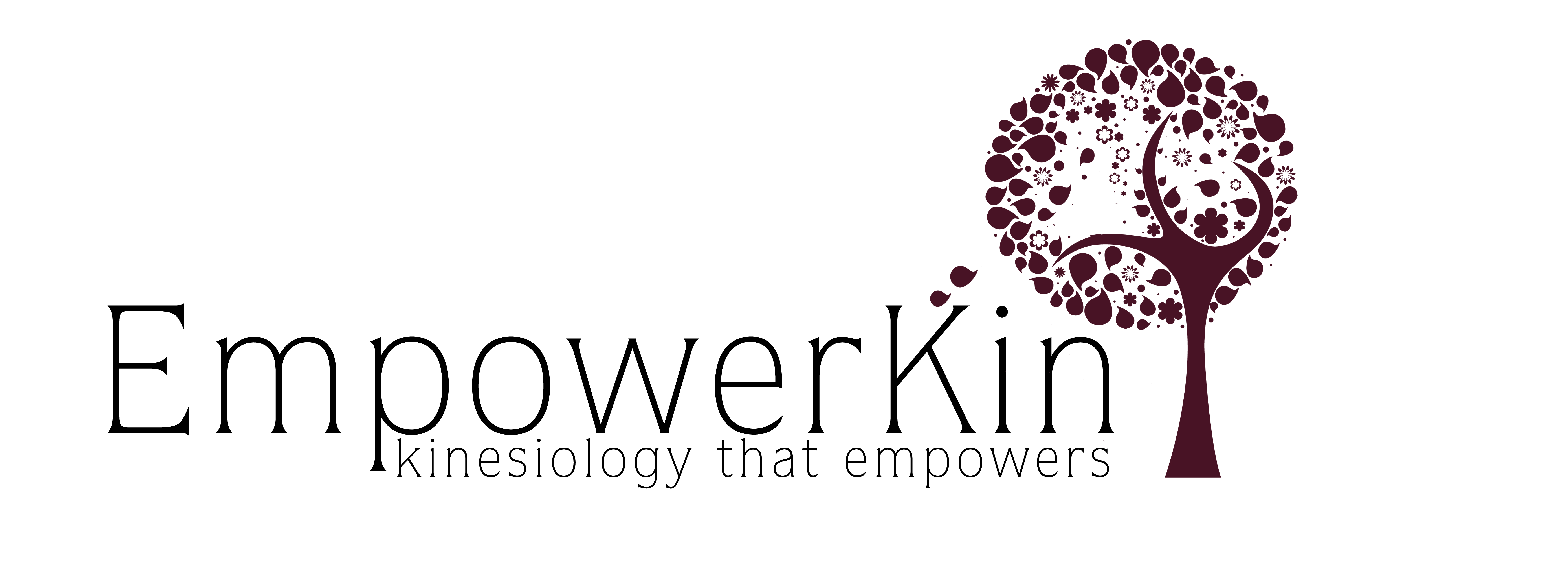About kinesiology and what it does to your body

Kinesiology is grounded in the study of anatomy and physiology. It combines muscle monitoring, with the principals of Traditional Chinese Medicine to assess energy and body functions. It looks at the body as a whole - Mind, Body and Spirit as one unit. If there is an imbalance in one area then it’s probably impacting the other areas. Kinesiology, through muscle monitoring allows us to determine where these imbalances are without the need for conscious awareness. That’s because when we monitor a muscle we are looking for a change in its integrity while inputting different stimuli. Quite often we can get so caught up in the drama of our own lives that we can miss vital clues as to how we are really feeling or what is really going on.
Muscle monitoring can help determine what emotion you are holding on to, where it is sitting in your body and where in life it is affecting you. By acknowledging the emotion and working through any subsequent emotions we can clear them out of the body. This can have a powerful affect as often the emotions we hold on to can cause pain in our physical body. We also feel lighter and clearer once the emotions are released.
There are many different types of kinesiology one can study, including:
PKP – Professional Kinesiology Practitioner
Brain Gym
L.E.A.P. – Learning Enhancement Acupressure Program
Primitive and Postural Reflexes
Movement and Learning
Immune Mismatch protocols
So what’s actually happening in your body when you muscle doesn’t hold?
Muscle monitoring is a biofeedback system that uses the subconscious muscle response as a feedback tool. A change in your muscle response can indicate both the type of information needed and the blocking factors. What is the most powerful component of this is that the subconscious takes over and affects what the muscle does and both you and I can feel the difference in the muscle. An obvious example of this is when I ask you to think of someone you love while I muscle monitor. Your arm would stay strong as the body inherently wants to feel love. On the opposite side of this is if I ask you to think of something that makes you feel angry. You muscle would go weak as the feeling of anger in the body is a stressor.
So if you are struggling with something in your life, whether it be emotional, dietary, physical or spiritual why not book in for a session. From experience I would say that you need at least three sessions to really feel the benefit but I have seen fantastic results after just one session while others do need more than three.
And what’s great about it, is that it’s complementary, meaning that it can work alongside whatever other healing modalities you are using including both Western and Eastern medicine.
For more information about kinesiology, please contact the expert contributor.
